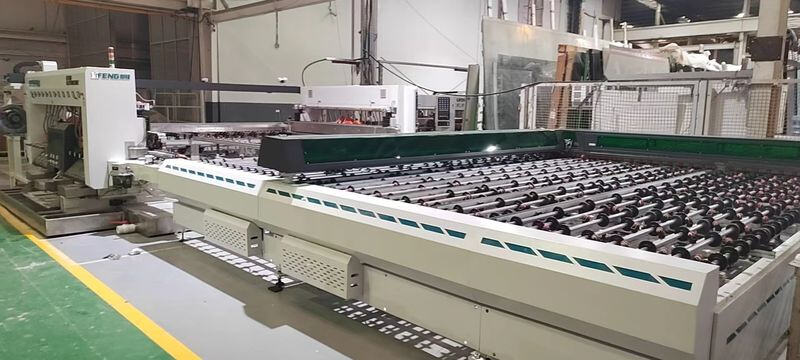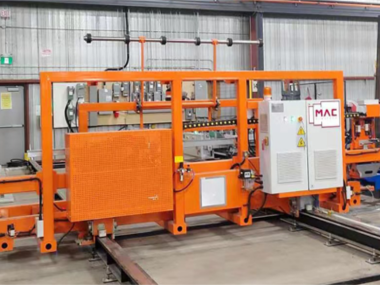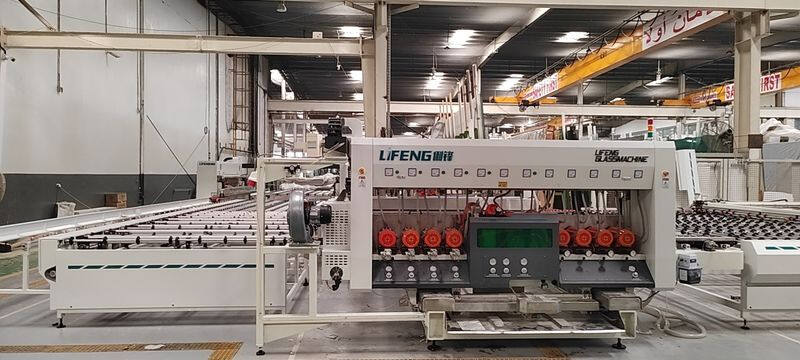cam makinesi fiyatı
Cam yapım makinesi fiyatı, üretim yeteneklerini optimize etmeyi hedefleyen üreticiler için önemli bir hususu temsil eder. Modern cam yapım makineleri, hassas sıcaklık kontrol sistemleri, otomatik malzeme taşıma mekanizmaları ve sofistike soğutma süreçleri gibi gelişmiş teknolojik özellikler içermektedir. Bu makinelerin fiyatları genellikle 50.000 $ ile 500.000 $ arasında değişmektedir; bu, kapasite ve spesifikasyonlara bağlıdır. Fiyat farklılıkları, günlük 2 ton ile 50 ton arasında değişen üretim kapasitesindeki farklılıkları, otomasyon seviyelerini ve enerji verimliliği derecelerini yansıtmaktadır. Fiyata etki eden ana bileşenler arasında eritme ocakları, şekillendirme ekipmanları, tavlama fırınları ve kontrol sistemleri bulunmaktadır. Yatırım, bilgisayarlı süreç kontrolü, gerçek zamanlı izleme yetenekleri ve kalite güvence sistemleri gibi temel özellikleri kapsamaktadır. Üretim tesisleri, konteyner camı, düz cam veya özel cam ürünleri için uzmanlaşmış çeşitli konfigürasyonlar arasından seçim yapabilir. Fiyat noktası ayrıca kurulum desteği, operatör eğitimi ve başlangıç bakım paketlerini de içermektedir. Bu makineler, talep arttıkça üretim kapasitesini genişletme imkanı sunan ölçeklenebilirlik seçenekleri sunmaktadır. Yatırımın geri dönüşü genellikle üretim hacmine ve piyasa koşullarına bağlı olarak 2-5 yıl içinde gerçekleşmektedir.


